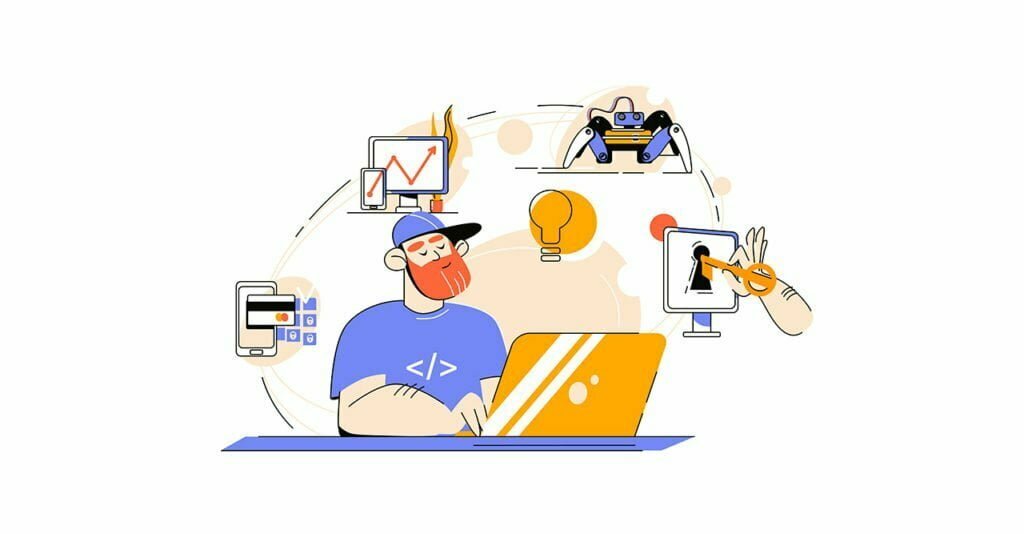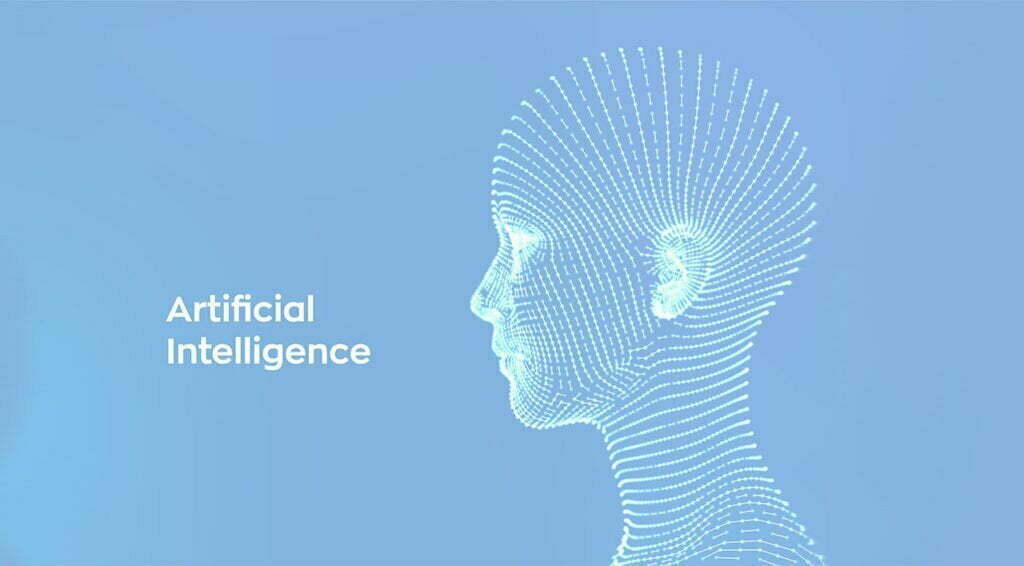Which technologies will shape the development of the IT industry in the coming years and how to study them?

Information technology has long become an integral part of our lives. They assist us in work, education, communication, and entertainment. However, in the modern world, some technologies are evolving so rapidly that it can be challenging to keep up with them.
In this article, we will explore the technologies that will drive the development of the IT industry in the coming years and how to study them.
1. Artificial Intelligence (AI)
Artificial Intelligence is one of the most promising technologies in the IT industry. It enables computers to process vast amounts of data and draw conclusions based on that data. AI is already being applied in various fields such as medicine, banking, manufacturing, and more.
How to study AI:
- Learn programming languages such as Python and Java.
- Study machine learning algorithms and apply them in practice.
- Deepen your understanding of the mathematical foundations of machine learning and statistics.
2. Internet of Things (IoT)
The Internet of Things is the concept of connecting various devices into a unified network that allows them to interact with each other. This enables the automation of various processes and improves their management. For example, IoT can be used for monitoring equipment conditions in manufacturing companies.
How to study IoT:
- Learn the basics of microcontrollers and electronics.
- Study different communication protocols such as Bluetooth, Wi-Fi, and Zigbee.
- Deepen your knowledge of programming and system administration.
3. Blockchain
Blockchain is a decentralized database that stores information in the form of a chain of blocks. Each block contains information about the previous block, ensuring data integrity. Blockchain is already being applied in various fields such as finance, logistics, and healthcare.
How to study blockchain:
- Learn programming languages such as Solidity (a programming language for creating smart contracts on the Ethereum blockchain network) and C++ (used for developing blockchain applications).
- Study the principles of how blockchain works and its applications in practice.
- Deepen your understanding of cryptography and security.
4. Augmented Reality (AR) and Virtual Reality (VR)
AR and VR are technologies that enable the creation of entirely new user interfaces and interactions with the surrounding world. They have already found applications in various fields such as education, entertainment, healthcare, and manufacturing.
How to study AR and VR:
- Learn programming languages such as C# and C++.
- Study the fundamentals of 3D modeling and animation.
- Deepen your knowledge of mathematics and physics required for creating realistic AR and VR applications.
5. Cloud Technologies
Cloud technologies are technologies that allow the use of computational resources from remote servers over the Internet. This enables increased scalability and flexibility of IT infrastructure, as well as reduced costs for its maintenance.
How to study cloud technologies:
- Learn cloud computing platforms such as Amazon Web Services (AWS) and Microsoft Azure.
- Study network technologies and protocols such as TCP/IP and HTTP.
- Deepen your understanding of virtualization and process automation.
Conclusion
The IT industry is constantly evolving, and new technologies continue to emerge. Learning may take time and effort, but it is essential to maintain competitiveness in the IT field.
It is important to choose technologies that align with your interests and skills, and to continue deepening your knowledge through continuous learning and practice. You can compare current educational programs across all the mentioned areas and many others in the online course catalog of GeekLink. We wish you success in learning new technologies and achieving your professional goals!






Responses